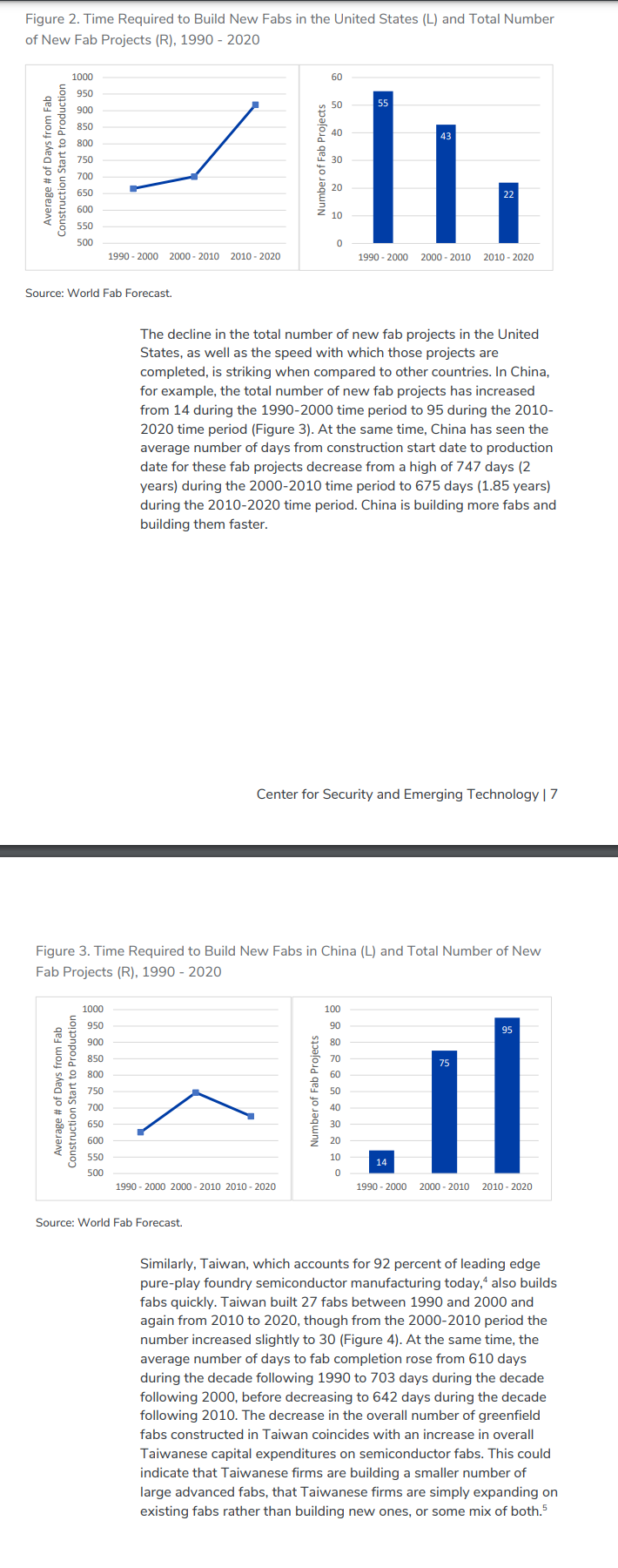經濟學人原文,都有提工會問題

(1/2)
On the Japanese island of Kyushu, the fruits of the country’s industrial policy are about to go on show. On February 24th tsmc, the world’s most advanced chip producer, will open its first fabrication plant in the country. Earlier this month it announced plans for a second plant nearby.Contrast that with the Taiwanese giant’s other big international expansion, in America. Last summer it pushed back the start of production at the first of two plants it is building in Arizona from 2024 to 2025. In January it announced that a second plant, previously scheduled to open in 2026, would not be operational until 2027 or 2028. The second was meant to produce three-nanometre (nm) chips, the most advanced currently on the market, but tsmc has raised the prospect that it may now be used for less cutting-edge production.
Both the Japanese and American governments are eager to expand domestic production of chips, and are seeking the help of foreign firms. So what explains the contrast between celebrations in Kumamoto and headaches in Arizona? The first point of divergence is in labour relations. A protracted spat with the Arizona Building and Construction Trades Council, an association of labour unions, over the use of Taiwanese workers to build the plants was finally resolved in December with a promise by tsmc to hire and train local workers. Union activism is comparatively rare in Japan: the country typically loses fewer than 10,000 days of workers’ labour each year to stoppages, compared with more than a million in America.Helpful local partners are the second reason why tsmc’s experience in Japan has been smoother.
Denso, a Japanese maker of car parts, and the chipmaking arm of Sony, an electronics giant, both took minority stakes in tsmc’s subsidiary in Japan. Earlier this month Toyota, a carmaker, invested in the venture, too. Those companies have plenty of experience pulling off big projects in their country. Helpfully, they are also the primary customers for the chips the plants will build, notes Lim Tai Wei, a researcher at the East Asian Institute of the National University of Singapore. In contrast, the Taiwanese firm is going it alone in Arizona, its first large project in America since the 1990s.
































